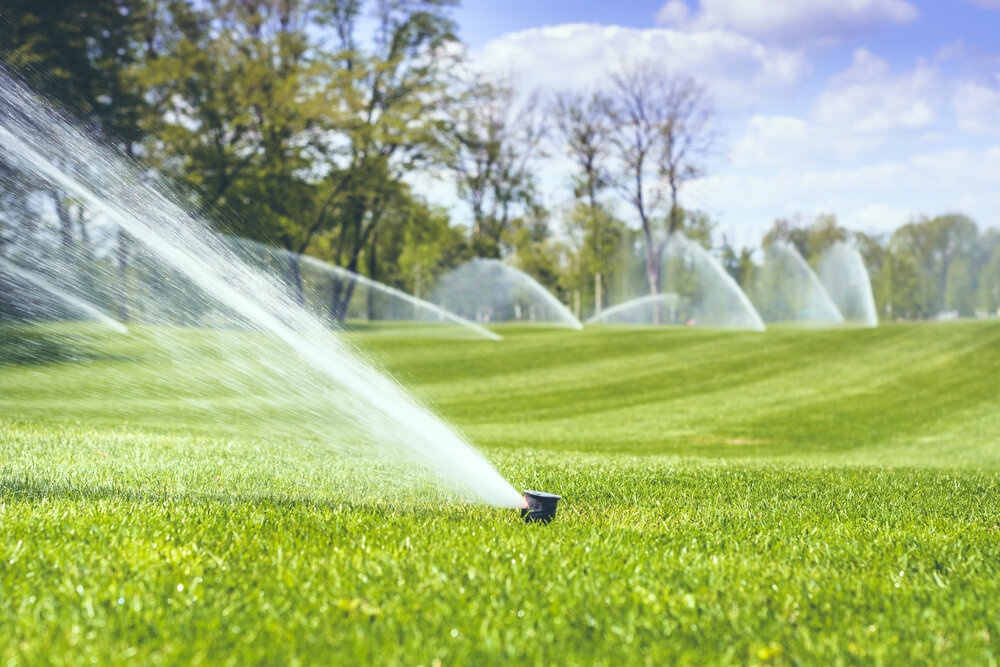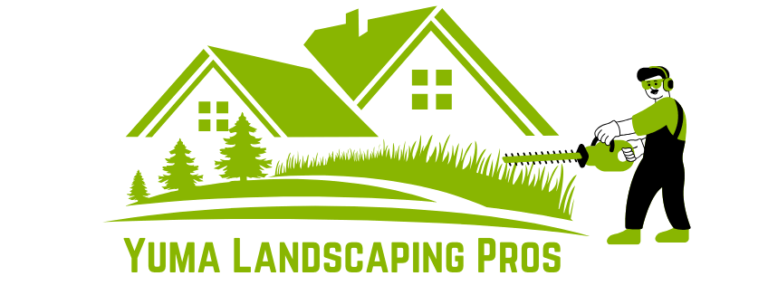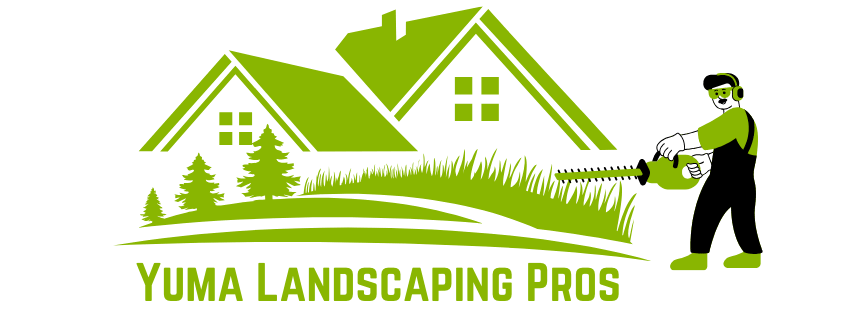Installing a sprinkler system can be a great investment to maintain a healthy and lush lawn, save time, and reduce water waste. Whether you’re looking to upgrade your existing system or install a brand new one, understanding the costs involved is essential for budgeting and planning. This guide will break down the various factors that affect the price of a sprinkler system, from installation to maintenance, and help you make an informed decision.
Understanding Sprinkler Systems
What is a Sprinkler System?
A sprinkler system is a mechanical device used for automatic irrigation of lawns, gardens, and landscapes. It consists of various components, including pipes, valves, sprinkler heads, controllers, and timers. Sprinkler systems can be installed in-ground or above-ground, each with its own set of benefits.
Benefits of Installing a Sprinkler System
Installing a sprinkler system offers several advantages:
- Time-saving: An automated system takes the hassle out of watering your garden, saving you time and effort.
- Water efficiency: A well-designed system delivers the right amount of water to specific areas, minimizing waste.
- Even distribution: Ensures all parts of your garden or lawn receive equal coverage.
- Increased property value: A properly installed sprinkler system can make your property more appealing to buyers.
Key Factors Affecting the Cost
Type of Sprinkler System
The type of sprinkler system you choose can have a significant impact on the overall cost:
- In-ground systems: These systems are permanently installed beneath the ground and are more expensive due to the labor-intensive installation process. However, they are more efficient and provide better water distribution.
- Above-ground systems: These are portable and easier to install, but they may not offer the same level of efficiency or aesthetic appeal as in-ground systems.

Size of the Area to Be Irrigated
The larger the area you need to cover, the higher the installation cost. Generally, sprinkler systems are priced by the zone (an area covered by one set of sprinkler heads), so a larger lawn or garden will require more zones and thus increase the overall cost.
Water Source and Pressure Requirements
Your water source and pressure can affect the design and complexity of the system. A system with a low-pressure water supply might require a pump to boost the pressure, adding to the installation cost. Municipal water systems are generally less costly to hook up than private wells.
Type of Landscaping and Soil Type
The type of plants in your garden or lawn and the soil conditions will influence the design of your sprinkler system. Lawns with slopes, rocky terrain, or dense plants may require more specialized sprinkler heads and additional equipment, which could raise the installation cost.
Terrain and Accessibility of the Site
A flat, easy-to-access lawn will cost less to install than a hilly or difficult-to-reach area. If the terrain is challenging or requires digging through hard ground, labor costs will increase.
Types of Sprinkler Systems
In-ground Sprinkler Systems
These systems are buried beneath the surface, offering a more aesthetically pleasing and durable solution for irrigation. They are ideal for large lawns and can be customized with various features, such as timers and weather sensors.
Above-ground Sprinkler Systems
This option is less expensive and easier to install. Above-ground systems can be moved around your yard, making them ideal for smaller areas or temporary setups. However, they are less efficient and more noticeable than in-ground systems.
Smart Sprinkler Systems
Smart sprinklers use weather data and soil moisture sensors to adjust watering schedules. While the initial cost is higher, they offer improved water efficiency and convenience, making them a good investment in the long run.
Average Cost of Sprinkler System Installation
National Average for Sprinkler System Installation
The national average cost for installing a sprinkler system typically ranges from $2,000 to $4,000 for a standard-sized lawn (around 1,000 to 3,000 square feet). This includes both parts and labor costs.
Per Zone Installation Cost
On average, homeowners can expect to pay around $250 to $400 per zone. A larger lawn with multiple zones can significantly increase the total cost.
Regional Variations in Costs
Installation costs may vary by location, depending on factors like labor rates, water availability, and local regulations. Urban areas with a higher cost of living may see prices at the upper end of the spectrum.
Additional Costs to Consider
Permit Fees
In some regions, you may need to obtain permits for sprinkler system installation. Permit fees can range from $50 to $200, depending on local regulations.
Labor Costs
Labor costs typically account for 40-60% of the total installation price. Expect to pay anywhere from $50 to $100 per hour for professional installation services, depending on your location and the complexity of the system.
Additional Features
- Timers and controllers: Smart controllers or rain sensors can cost anywhere from $100 to $300.
- Water conservation features: Installing water-efficient sprinkler heads or systems may increase your initial investment but can save you money in the long term.
DIY vs. Professional Installation
Pros and Cons of DIY Installation
DIY installation can save you money, especially for smaller, above-ground systems. However, it requires a certain level of expertise and time commitment. Improper installation can lead to water wastage, poor coverage, and potential repairs.
When to Hire a Professional
For larger, in-ground systems or complex setups, hiring a professional installer is recommended. Professionals can ensure that the system is installed correctly, minimizing the risk of leaks or inefficient watering.
Need Service: Landscaping Yuma AZ
How to Choose a Sprinkler Installation Company
Look for licensed and insured professionals with experience in sprinkler system installations. Getting multiple quotes and checking references can help you choose a reliable service provider.
How to Save Money on Sprinkler System Installation
Tips for Reducing the Overall Cost of Installation
- Opt for a simpler design with fewer zones.
- Install the system during the off-season to take advantage of lower labor costs.
- Do some of the prep work yourself, like clearing the area or digging trenches.
Importance of Proper System Design
A well-designed sprinkler system can save you money in the long run by avoiding unnecessary over-watering or under-watering.
Maintenance Costs of Sprinkler Systems
Routine Maintenance
Regular maintenance, such as cleaning the sprinkler heads, checking for leaks, and winterizing the system, is essential for keeping your sprinkler system running efficiently. Maintenance can cost anywhere from $100 to $200 per year.
Repair Costs
If your system breaks down, repairs can range from $50 to $500 depending on the severity of the issue. Regular checks can prevent major repairs.
Cost of Upgrading or Expanding the System
As your landscaping grows, you may need to expand or upgrade your sprinkler system. Expect to pay anywhere from $500 to $1,500 for major upgrades.
Long-Term Value and ROI of Installing a Sprinkler System
Savings on Water Bills
A properly installed sprinkler system can reduce water waste and lower your water bill, especially if you install water-efficient components like drip irrigation or rain sensors.
Increased Property Value
A professionally installed sprinkler system can increase your home’s curb appeal and overall property value, making it a worthwhile investment if you plan to sell in the future.
Environmental Benefits
By efficiently using water resources, a sprinkler system can contribute to conservation efforts and help you maintain a greener lawn with less water consumption.
Frequently Asked Questions (FAQs)
1. How much does it cost to install a sprinkler system in a 1/4-acre yard?
Installation costs for a 1/4-acre yard generally range from $2,000 to $4,000, depending on the complexity and features of the system.
2. Can I install a sprinkler system myself?
Yes, but DIY installation is only recommended for smaller, above-ground systems. Professional help is ideal for larger or more complex in-ground systems.
3. What is the most water-efficient sprinkler system?
Drip irrigation and smart sprinkler systems with weather sensors are the most water-efficient options, as they ensure water is used only when necessary.
4. Do I need a permit to install a sprinkler system?
In some areas, you may need a permit to install a sprinkler system. Be sure to check your local regulations before beginning installation.
5. How long does a sprinkler system installation take?
Installation can take anywhere from one to three days, depending on the size of the yard and the complexity of the system.
6. Are sprinkler systems worth the cost?
Yes, a well-installed sprinkler system saves time, reduces water waste, and can increase the value of your property.
Conclusion
Installing a sprinkler system is a smart investment for homeowners looking to improve their lawn’s appearance and health while saving time and water. The total cost can vary depending on factors such as system type, yard size, and professional help, but understanding the breakdown of these costs will help you plan your budget more effectively. Whether you opt for a DIY installation or hire a professional, a sprinkler system will provide long-term value and efficiency.
Read Our Another Blog About Top 5 Benefits of Installing an Automated Irrigation System: Full Guide

